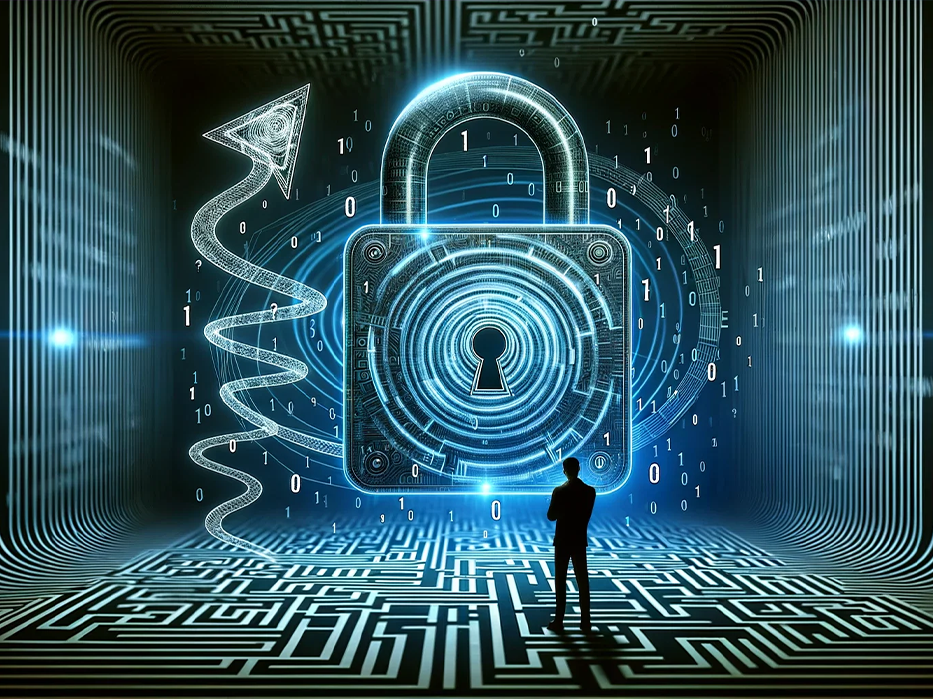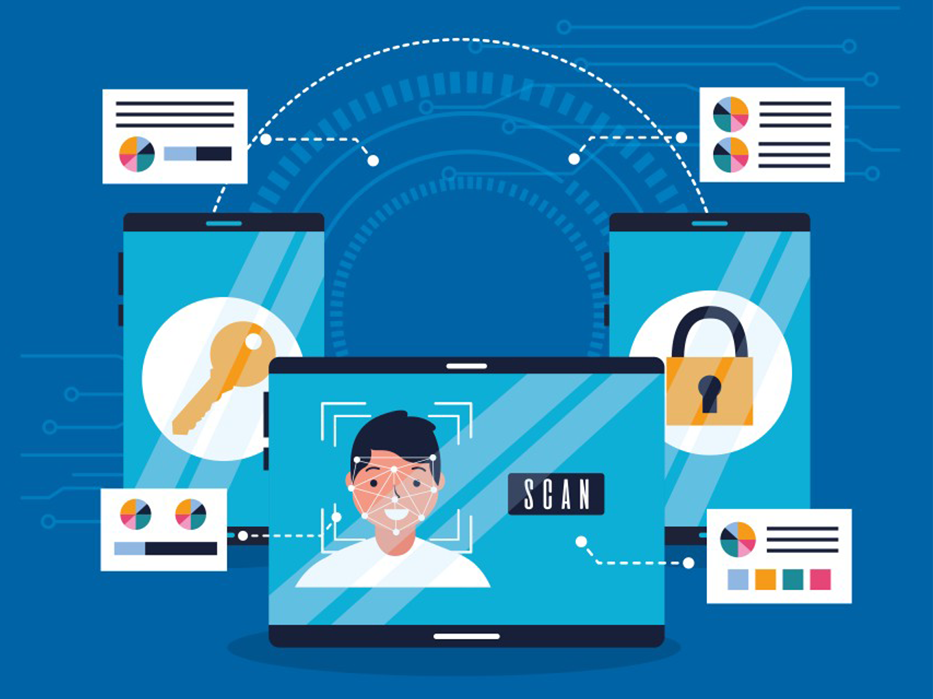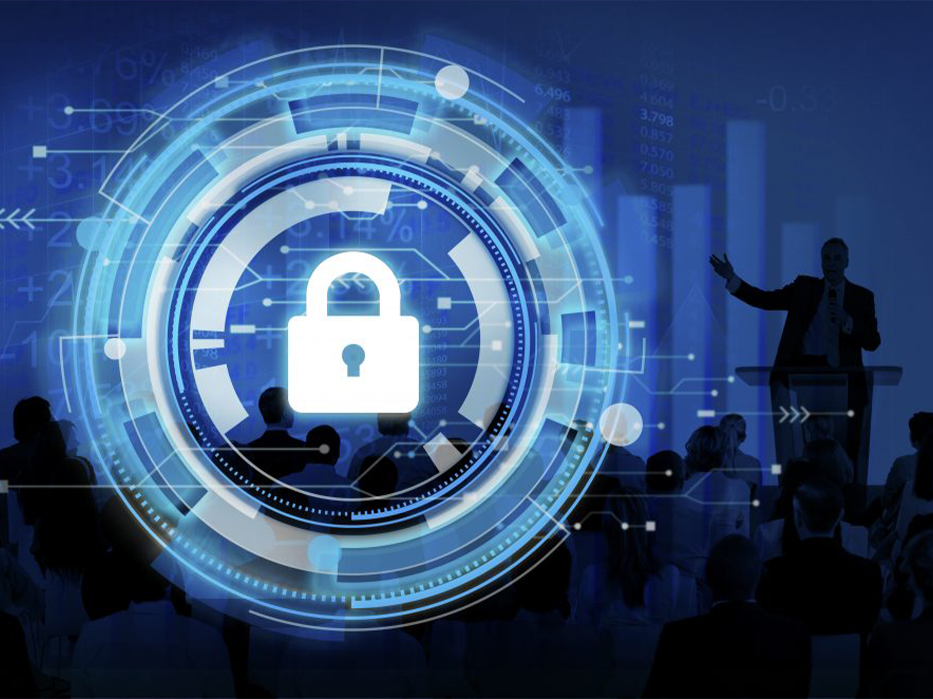The importance of encryption spans multiple dimensions:
- Confidentiality: Encryption ensures that only intended recipients can access and understand sensitive information. By scrambling data into ciphertext, it prevents unauthorized parties, including hackers and cybercriminals, from intercepting and deciphering it.
- Integrity: Encryption helps maintain data integrity by detecting any unauthorized modifications or tampering attempts. Through techniques like digital signatures and hash functions, it verifies that data has not been altered since it was encrypted.
- Authentication: Encryption facilitates authentication processes by ensuring that both the sender and receiver of data can be verified. Authentication mechanisms rely on encryption to securely exchange credentials and digital certificates, thereby confirming the identities of communicating parties.
- Data Protection: In an era where data breaches are prevalent, encryption serves as a critical defense mechanism. It protects sensitive information such as financial transactions, personal records, intellectual property, and proprietary business data from unauthorized access and theft.
- Compliance and Legal Requirements: Many industries and jurisdictions mandate the use of encryption to comply with privacy regulations and security standards. For instance, regulations like GDPR (General Data Protection Regulation) in Europe and HIPAA (Health Insurance Portability and Accountability Act) in the United States require organizations to implement encryption to safeguard personal data.
- Secure Communication: Encryption underpins secure communication channels, ensuring that data exchanged over networks (e.g., internet, intranets) remains confidential and immune to interception. Technologies like Transport Layer Security (TLS) and Virtual Private Networks (VPNs) rely on encryption to create secure tunnels for transmitting data securely.
- Technological Advancements: As computing power advances, encryption algorithms evolve to maintain robust security. Modern encryption standards, such as Advanced Encryption Standard (AES) and Elliptic Curve Cryptography (ECC), offer strong protection against increasingly sophisticated cyber threats.
- End-to-End Encryption: This technique ensures that data remains encrypted throughout its entire lifecycle—from creation to storage and transmission—ensuring maximum privacy and security. End-to-end encryption is particularly crucial in messaging applications and cloud storage services.
In conclusion, encryption is indispensable for preserving trust in the digital age. It not only safeguards individual privacy and secures sensitive data but also underpins global commerce, national security, and technological innovation. As cyber threats continue to evolve, the ongoing development and adoption of robust encryption solutions are essential to mitigating risks and upholding the confidentiality and integrity of data in an interconnected world.





